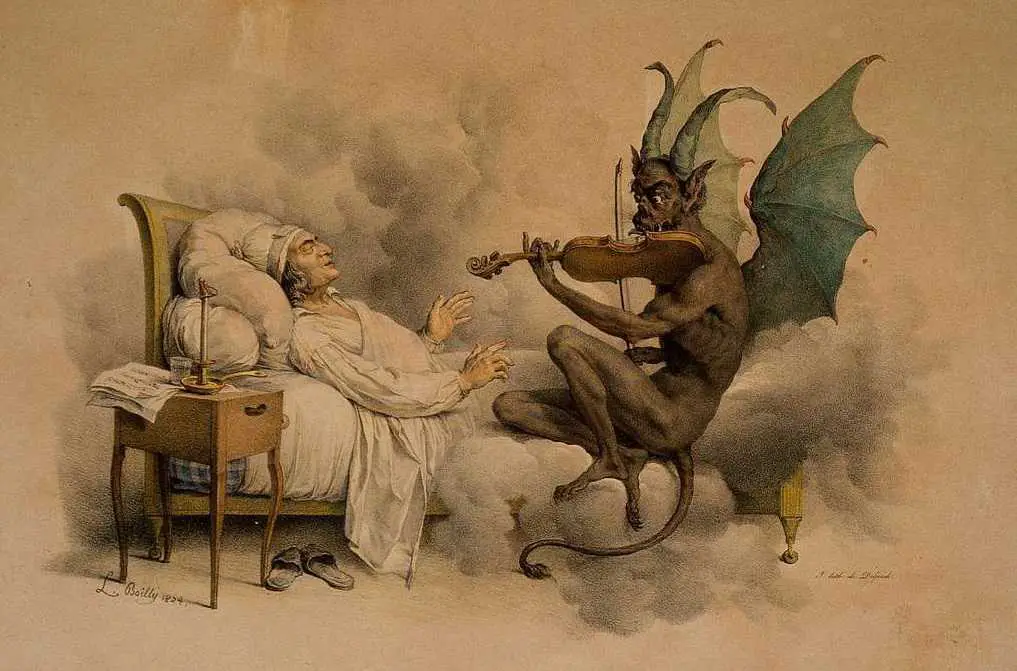Nothing.
We don't pray to the Holy Spirit.
I guess it's more like if the Bible doesn't explicitly mention something because it didn't exist back then, how would a Christian know if it is acceptable? How would a Muslim?
For example, as i understand in Islam all music is forbidden, but are tv shows allowed? If so, why?
As a Christian, i feel uneasy about listening to most music, even though the Bible doesn't specifically forbid it. For me, that is my answer. A different Christian may genuinely believe it is ok, that is his answer. God answers each of us depending on what is best for that individual because He knows best.
I believe that is the Holy Spirit's guidance. Goimg agaisnt our conscience would be a form of denying the Holy Spirit.
What the scriptures say is to not set a stumbling block before others, so it would be uncharitable to flaunt our liberty before others. The issue with society now is not the scriptures, it's that people don't follow them and they are not preached about.
I know that you don’t pray to it but doesn’t it ‘guide’ you in your decisions or prayers? That’s why I asked what’s the point of it if the Muslim and Christian prayer gets answered. What did the Christian benefit by commanding the Holy Spirit?
No that’s not the case. There are a lot of misconceptions about this topic. To keep it short, there’s nothing that specifies that TV or Films are forbidden or allowed in the Quran, simply because these things didn’t exist back then. However, due to the explicit nature of most shows and films and how there’s always an absence of parents or an element of magic in kids shows/films, scholars advise people to be wary of the consumption of such mediums. It’s not forbidden, it’s just not encouraged and ultimately it’s up to the individual/parents to make that call. Personally, I allow my children to watch cartoons I’ve vetted to make sure there isn’t anything dodgy and I explain to them we can’t watch some things because of x,y & z. My daughter is 3 and loves princesses but there is a component of magic in most princess shows so we don’t watch them and when we do come across it, I just explain why we can’t watch it. I personally don’t believe sheltering or getting rid of things in their entirety helps as it makes that thing more desirable.
There is no direct verse which specifies that music in its entirety is forbidden in Islam. It’s a nuanced and contested issue with various opinions.
The phrase used in the verse below is ‘idle talks’ which is an all encompassing word. I won’t get into Arabic root words but you can have a word with multiple meanings and this is an example of that
“And of mankind is he who purchases idle talks (i.e. music, singing) to mislead (men) from the path of Allah…” [Luqman 31:6]
A commentary on the above verse:
Al-Sa’di (May Allah Have Mercy on Him) while explaining the Ayah said: this includes all manner of haram speech, all idle talk and falsehood, and all nonsense that encourages kufr and disobedience; the words of those who say things to refute the truth and argue in support of falsehood to defeat the truth; and backbiting, slander, lies, insults and curses; the singing and musical instruments of the Shaytan; and musical instruments which are of no spiritual or worldly benefit. [Tafseer al-Saadi, 6/150]
“[Allah said to Iblis:] And befool them gradually those whom you can among them with your voice (i.e. songs, music, and any other call for Allah's disobedience)…” [al-Isra 17:64]
Do you then wonder at this recitation (the Quran)? And you laugh at it and weep not, Wasting your (precious) lifetime in pastime and amusements (singing)” [al-Najm 53:59-61]
This Hadith shows musical instruments aren’t allowed:
"The Almighty Allah has sent me as a mercy to the worlds and to guide the people. He ordered me to eradicate the playing of flute, other instruments of music, all games of vice, idol (worship) and all practices of the days of ignorance." [Mustadrakul Wasa'il, Chapter 79]
This Hadith shows it’s okay to use your voice only as a form of music (no instruments).
Narrated By’ Aisha : That once Abu Bakr came to her on the day of ‘Eid-ul-Fitr or ‘Eid ul Adha while the Prophet was with her and there were two girl singers with her, singing songs of the Ansar about the day of Buath. Abu Bakr said twice. “Musical instrument of Satan!” But the Prophet said, “Leave them Abu Bakr, for every nation has an ‘Id (i.e. festival) and this day is our ‘Id.”) Sahih Bukhari.
A Hadith prohibiting musical instruments
“Among my Ummah, there will certainly be people who permit zinaa, silk, alcohol and musical instruments…” [Narrated by al-Bukhaari ta’leeqan, no. 5590; narrated as mawsool by al-Tabaraani and al-Bayhaqi. See al-Silsilah al-Saheehah by al-Albaani, 91]
With regards to instruments, a daf which is a drum can be used on Eid and celebrations like weddings. So in sum, you have three categories of Muslims with regards to the issue of music, singing and instruments.
1. Those who accept it’s fine to listen and produce music, use instruments and sing.
2. Those who accept instruments and music are forbidden but believe voice songs are fine.
3. Those who believe everything should be avoided in its entirety.
Personally, I follow the 2nd opinion. I haven’t listened to music in over a decade. It’s not played in my household. My kids like nasheeds which are voice only songs about topics in Islam. I’m not a fan because it’s still musical but it’s better than what’s out there. My parents were of the first opinion and we grew up with lots of music in the household. Everyone is different I guess.
So your conscience is the holy spirit? But we all have a conscience.




